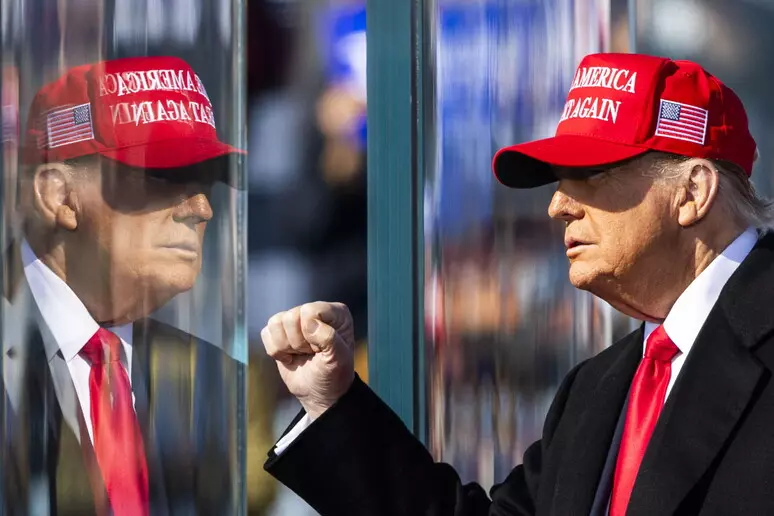In a rising wave of accusations, Donald Trump has once again set his sights on one of the most well-known journalistic programs in American television: “60 Minutes”, produced by CBS. The president accused the show of being a propaganda tool hostile to his policies and called on the Federal Communications Commission FCC, to intervene with severe fines and sanctions.
According to the GOP leader, the broadcast crossed every line over the past weekend by airing two reports that, in his view, portrayed him in a “disparaging and defamatory” manner. One segment focused on the war in Ukraine, a conflict that Trump claims would never have erupted if the 2020 election had not been “rigged.” The other covered the alleged intention of his administration to purchase Greenland, a move which, he argues, was presented in a distorted and misleading way.
The statements were shared through Truth Social, the social network Trump regularly uses to launch his media attacks. He said he was “honored” to sue CBS, 60 Minutes, and their parent company Paramount, accusing them of having spread fraudulent information and of attempting unsuccessfully to help Kamala Harris win the election campaign. He also stated that the interview with the Democratic Vice President had been unfairly manipulated, with key responses altered for political purposes.
This is not the first time the President has lashed out at mainstream media. In recent months, he has expanded his crusade to include the Associated Press AP, accusing it of violating an executive order that mandated the use of the name “Gulf of America” instead of the traditional “Gulf of Mexico.” In retaliation, the administration revoked AP’s access to the White House and other official events. The case eventually reached the courts, with the American media giant arguing that the exclusion violated the First Amendment. After a months-long legal battle, a federal judge ordered the White House to restore AP’s press credentials.
In this latest clash with a major television network, Trump turned directly to the FCC and its chairman, Brendan Carr, urging them to apply “the maximum fines and penalties.” He claimed that CBS no longer acted as a legitimate news program, but rather as a political tool disguised as journalism and that, for this reason, it should be held accountable for its actions.
Nonetheless, the president’s request is more ideological than legal. The FCC does not have the authority to censor content or revoke broadcast licenses based on opinions expressed. Federal law grants broad protections to the press, even when its content is controversial or polarizing.
“The Donald” closed his tirade with his most iconic slogan “Make America Great Again” a clear sign that his clash with the media is far from over.












